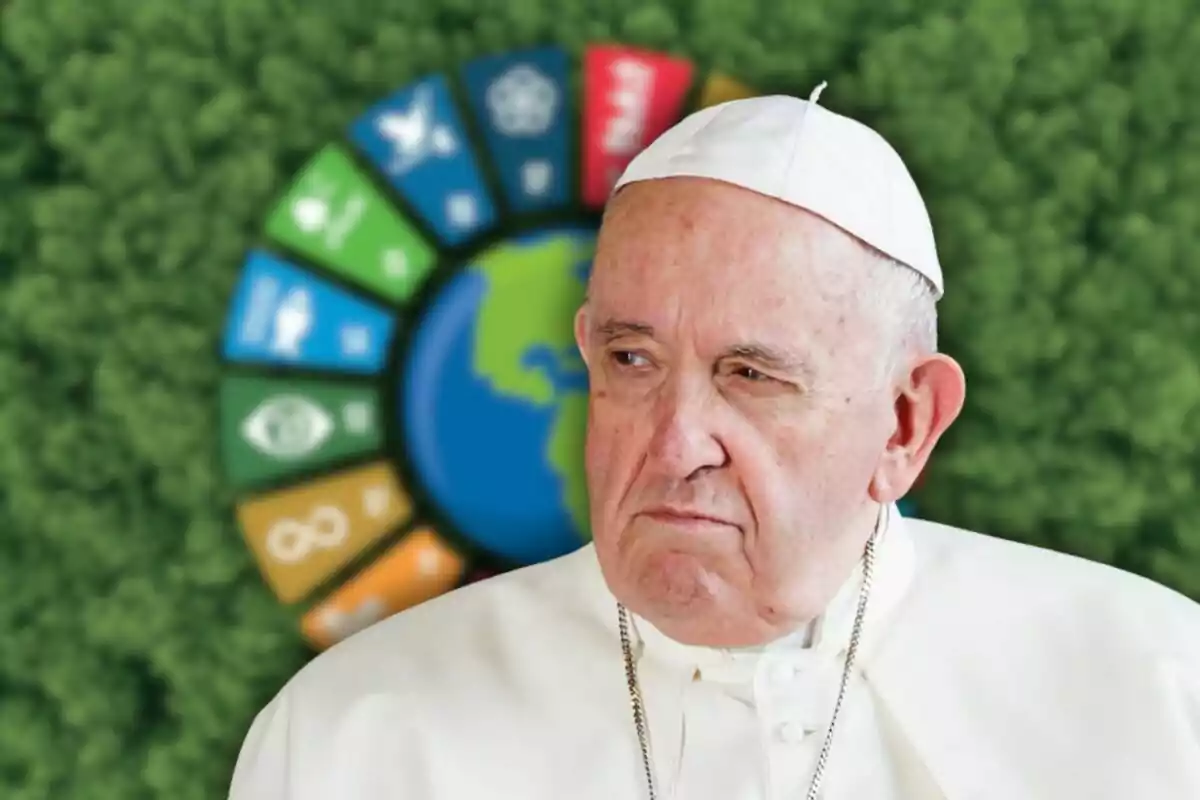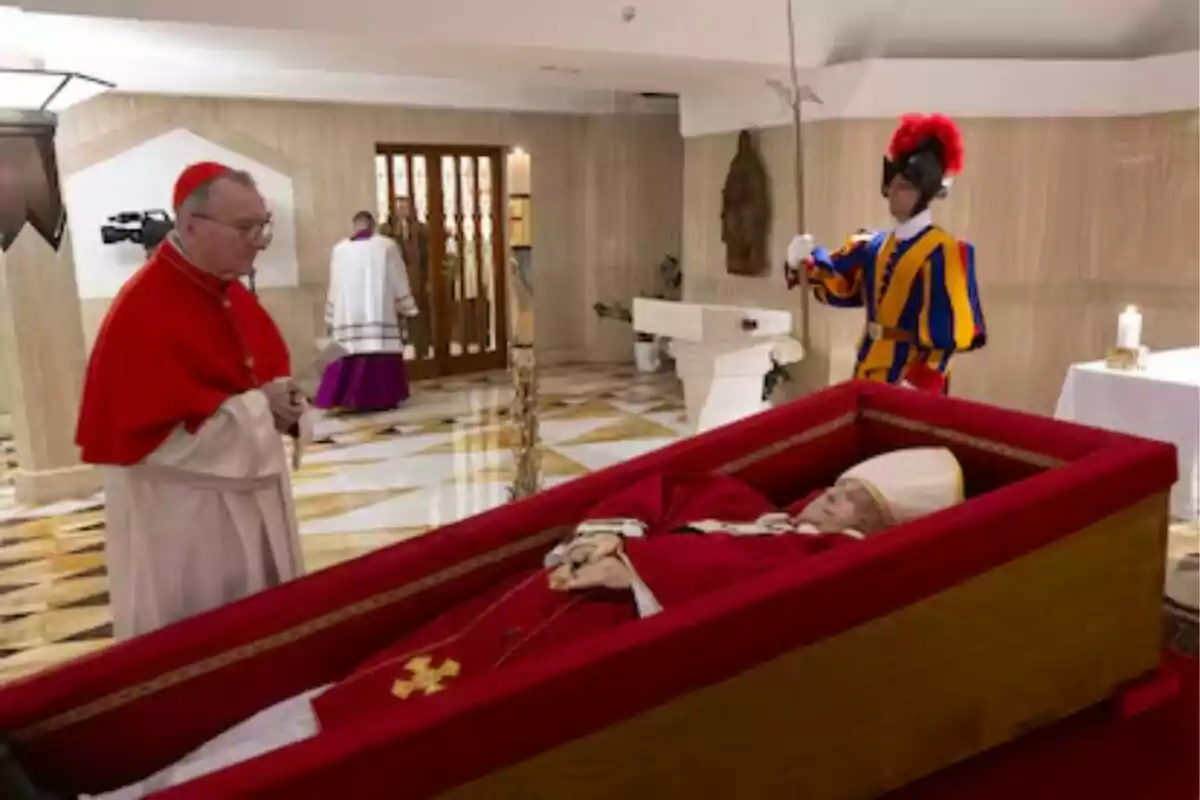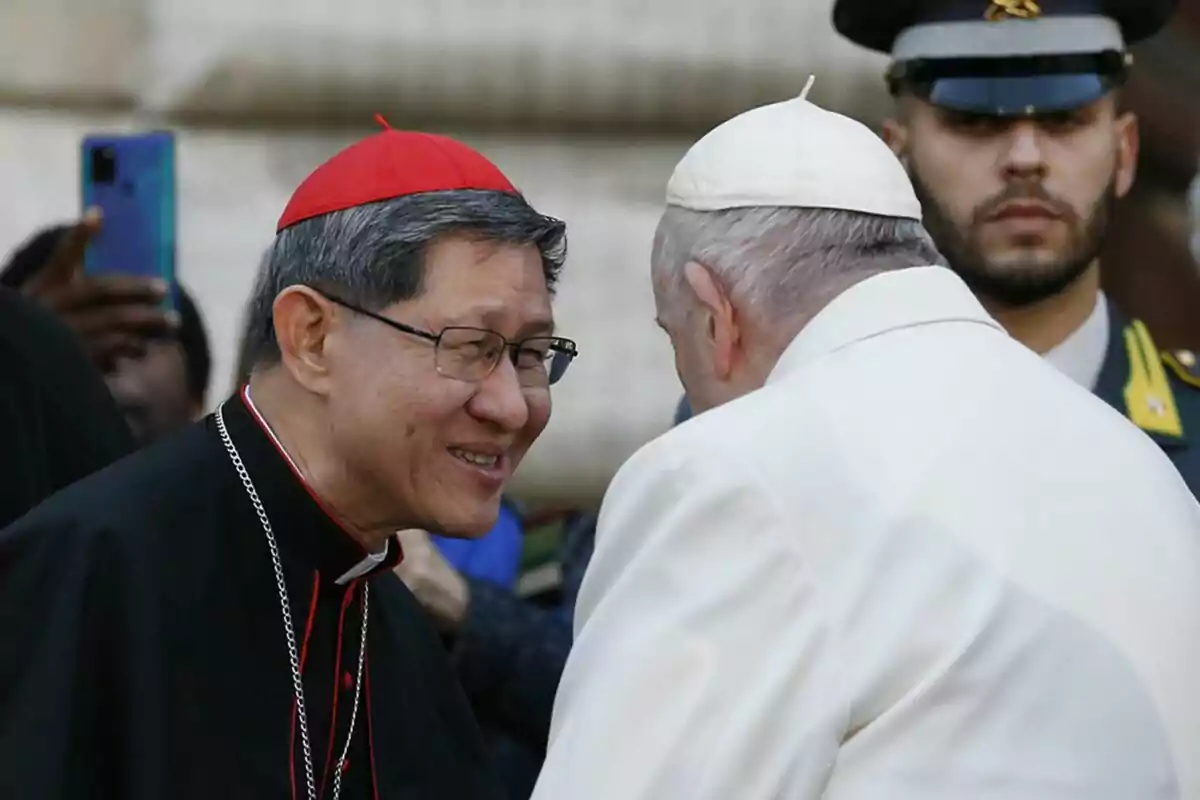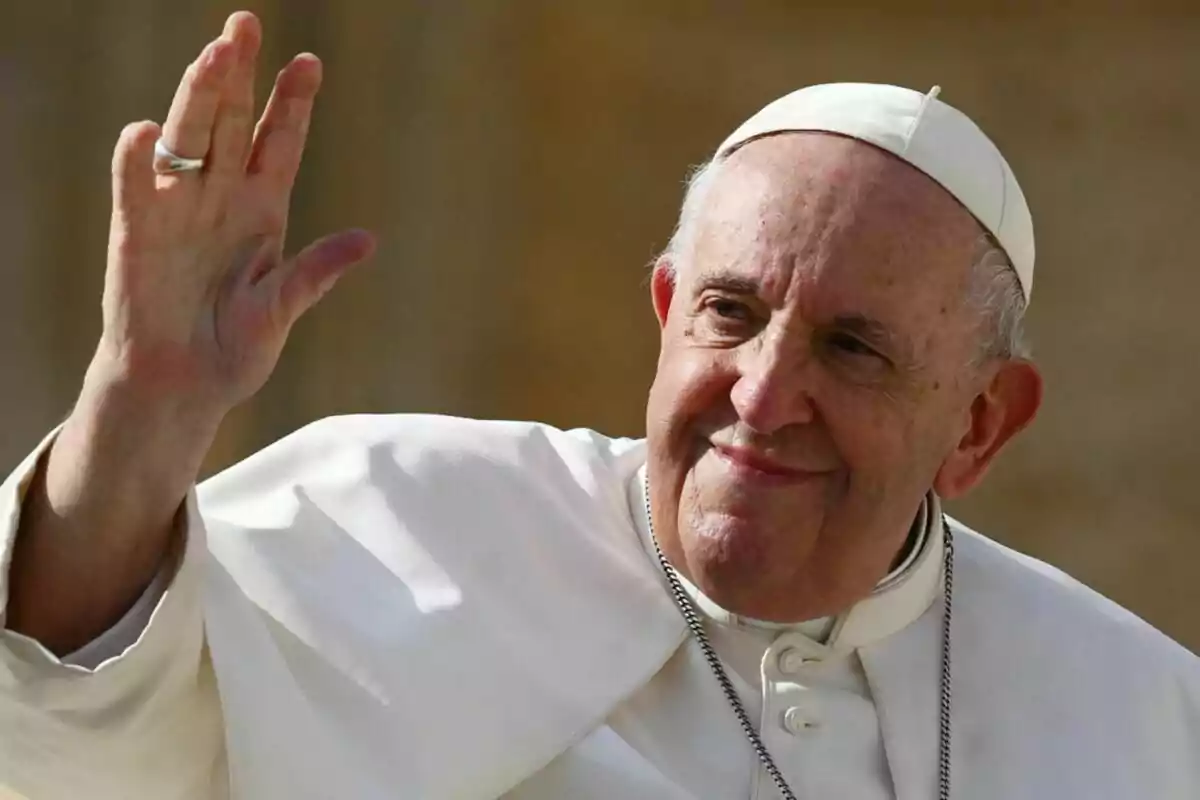
The Vatican and the 2030 Agenda: Turning Point?
The new pontiff will have to decide whether to keep pushing globalism or join the new momentum of the times
The papal succession following Pope Francis's death has sparked an ideological war within the Catholic Church. The progressive core of the curia aims to preserve Pope Francis's legacy and advance his reformist agenda. Conservatives want to push for a change in direction in line with the new trend in global politics.

Pope Francis tried to ensure the continuity of his legacy by appointing prelates loyal to his line. But the presence of many new cardinals makes it one of the conclaves with the most division and uncertainty.
It will also be one of the most significant, given the current geopolitical situation that marks a change of era.
One of the keys to the new pontificate will be its position regarding the 2030 Agenda. Pope Francis embraced it enthusiastically, though with nuances. But the winds of change blowing in the midst of the anti-globalist revolution suggest a possible shift in the Vatican.
The Vatican and the 2030 Agenda
Pope Francis ascended to the papal throne in 2013 with the promise of modernizing the Church both organically and theologically.
Although he didn't achieve many of the changes he intended, he did open the debate on issues such as abortion and homosexuality. He also showed closeness with progressive world leaders and sensitivity to issues like immigration and environmentalism.
In 2015, he laid the ideological foundations of his mandate in a historic speech before the United Nations where he defended the 2030 Agenda. Just a year ago, he again insisted on the need to accelerate the goals of the globalist agenda.
But even Francis couldn't avoid the Holy See's reluctance to points of the 2030 Agenda such as gender ideology. The Vatican expressed opposition to the term "empowerment" of women and reminded that gender is subject to biological sex (male-female). Likewise, the nuncio expressed disagreement with the recognition of the right to abortion.

The 2030 Agenda puts the Catholic Church in a bind because it's difficult to justify not adhering to goals like eradicating world hunger. But Pope Francis's death occurs in the midst of a pendulum movement, which the new pontiff can't ignore.
Will this serve to open the debate on the true objectives of the globalist agenda?
A Less Benevolent Pope?
The 2030 Agenda has been identified as a plan by globalist elites to impose their ideology through laudable goals. By formulating good intentions, they push countries to adopt a homogenizing agenda that disregards the objective needs of each country and their ways of life. It also involves high economic costs for the middle classes, increasingly impoverished.
The new pontificate will have to decide whether to push toward the acceleration of the globalist agenda as proposed by Pope Francis or to pull the handbrake to return to the orthodoxy of his predecessors, Benedict XVI and John Paul II. Are we going to see a less benevolent Pope?

Just as John Paul II coincided with Reagan and Benedict XVI with Bush, the new pontificate will begin its mandate in the era of the Trumps and the Mileis. Also with a conservative wave in Europe, which is reviewing its immigration policies. It will be inevitable for the new Pope to face issues such as immigration, abortion, environmentalism, and the Islamist threat.
The Vatican is not part of the UN and therefore can't either adhere to or reject the 2030 Agenda. But its stance on the globalist agenda will be crucial to continue swinging the pendulum to the right or to try to resist the inertia of the times.
More posts: